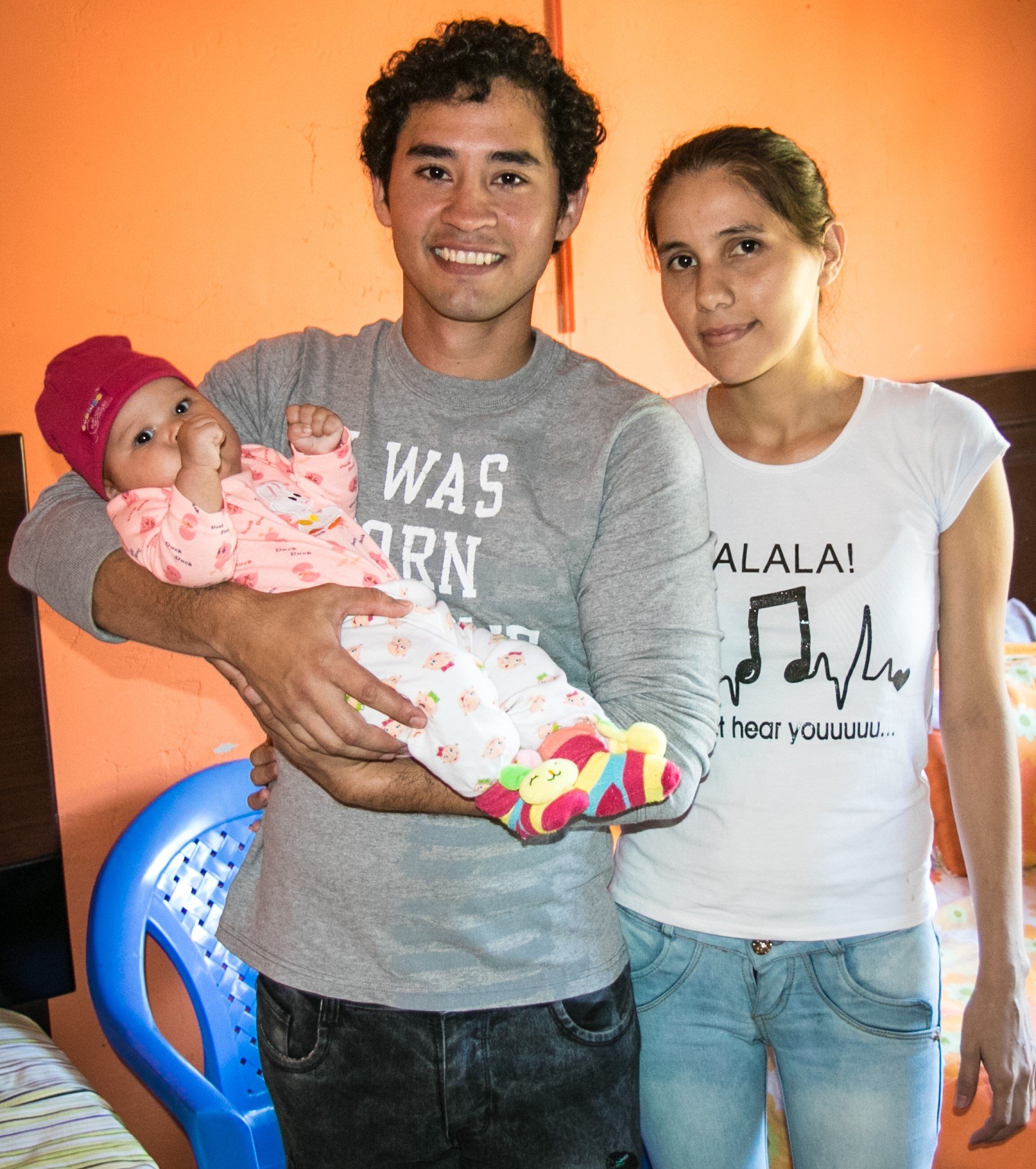New partnership supports Bolivians living with ostomies
As part of their treatment process, many patients we serve through our General Surgery Program require a diversion of their digestive tract known as an ostomy surgery. As a result, they are obligated to live either temporarily or permanently with an ostomy, which is when bodily waste is diverted through a hole (stoma) in the abdomen to an ostomy bag. An ostomy may be necessary to treat birth defects, pelvic or abdominal trauma, or colon diseases such as inflammatory bowel disease, Chagas disease, or colon cancer. In some cases, an ostomy allows the digestive tract to heal following surgery and later can be reversed to return the patient to normal digestive function. In other cases, patients will live the rest of their lives with an ostomy. Regardless of the circumstances, those who go through ostomy surgery face significant challenges in adjusting to their “new normal”.
Ostomates (those who live with an ostomy) need medical and community support through the adjustment process. Many ostomy patients visit the Puente de Solidaridad offices in Cochabamba and Santa Cruz seeking assistance. In particular, low-income patients often cannot access ostomy pouches and other necessary hygiene supplies. Most ostomates need to change their ostomy pouch at least every few days. Patients who cannot afford to purchase supplies may improvise with plastic bags and tape, resulting in increased risks of embarrassing leaks, skin breakdown, and even infections.
Victor was one such patient who struggled to adjust to life as an ostomate. At age 18, Victor was diagnosed with adenocarcinoma of the colon. Bolivian surgeons removed 30 cm of his large intestine, leaving him with a temporary colostomy until his colon healed. After about a year, he was eligible for colostomy reversal surgery to restore normal function. But Victor could not afford the surgery. While he tried to save money for the procedure, maintenance of his ostomy was a persistent financial drain. He had to pay for an ongoing supply of ostomy bags and the cost of traveling to a place where he could purchase them. He even stretched his supply by washing and reusing the ostomy bags.
Victor underwent colostomy-reversal surgery as part of a Solidarity Bridge Oncological Surgery Mission at the Instituto Oncológico del Oriente Boliviano in Santa Cruz de la Sierra. Within less than a year, he married and had a beautiful and healthy baby girl!
For the seven years Victor lived with an ostomy, he put his life on hold. He was young and longed to play soccer with his friends, but he wasn’t comfortable participating in sports with the ostomy bag. He faced discrimination from employers who were reluctant to hire him. He had a steady girlfriend, but he did not want to propose until he had rid himself of the colostomy bags. As the years passed, he became depressed. He was cancer free, but living with a colostomy bag depleted his hope for a normal, healthy life.
Victor’s experience highlights the need to consider the many post-surgical challenges for patients undergoing life-altering procedures. This includes the ability to overcome social stigmas, psychological strains, daily hygiene routines, and the financial cost of obtaining medical supplies. Accessing ostomy supplies and adequate follow-up care can be especially difficult in under-resourced and geographically isolated communities like Victor’s.
This and other patient experiences we’ve observed over the years made one thing clear -- increasing access to ostomy supplies is critical both for medical reasons and to preserve the dignity of patients. In response, Solidarity Bridge reached out to the Friends of Ostomates Worldwide-USA (FOW-USA) Foundation in Louisville, Kentucky. After assessing patient needs with our Bolivian partners, FOW donated a pallet of ostomy supplies to be included on our September 2022 container shipment to Bolivia. We look forward to continuing to work with FOW as an ongoing source for ostomy supplies to make available to patients throughout Bolivia.
Solidarity Bridge and Puente de Solidaridad recognize that the pathways to safe and affordable surgical care are long, and are not limited to the patient’s time in the hospital. The challenges for ostomy patients may continue for years, and sometimes for the rest of their lives. This new partnership with the FOW Foundation brings hope and an improved quality of life to Bolivian ostomy patients. It also is a great reminder to be aware of neighbors with chronic health conditions, to celebrate life with them in spite of the challenges, and to be grateful for our healthcare providers whose skills make it possible to continue on this road together.

